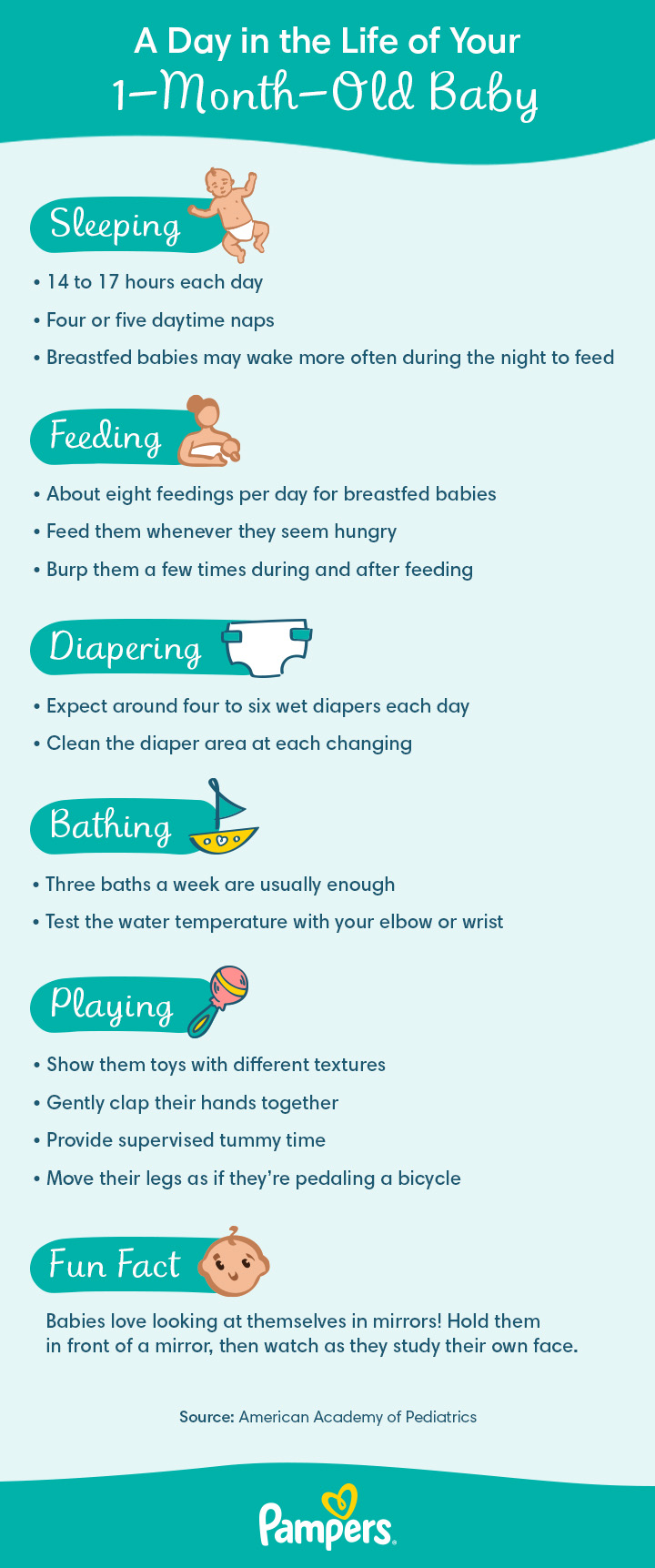
Baby Care in the First Month: A Comprehensive Guide for New Parents
The arrival of a newborn baby is a life-changing event, filled with both joy and trepidation. As new parents, you may feel overwhelmed by the responsibility of caring for your little one. This comprehensive guide will provide you with essential information and practical tips to ensure your baby’s well-being during the first month.
Feeding
- Breastfeeding: If possible, breastfeeding is the optimal way to nourish your baby. Breast milk is packed with nutrients, antibodies, and hormones that support your baby’s growth and development. Aim to breastfeed your baby every 2-3 hours, or on demand.
- Formula feeding: If breastfeeding is not an option, formula can provide your baby with the necessary nutrients. Follow the instructions on the formula container carefully and consult with your healthcare provider if you have any concerns.
- Burping: After each feeding, burp your baby to release any trapped air. This will help prevent gas and discomfort.
Diapering
- Frequency: Newborns typically need to be changed every 2-3 hours, or more often if they have a bowel movement.
- Supplies: You will need diapers, wipes, diaper cream, and a changing table or pad.
- Changing technique: Always wash your hands before and after changing your baby’s diaper. Gently lift your baby’s legs and slide the diaper out from under them. Clean your baby’s bottom with wipes, and apply diaper cream if needed. Place a clean diaper under your baby and fasten it securely.
Bathing
- Frequency: Newborns do not need to be bathed daily. A sponge bath every 2-3 days is sufficient.
- Supplies: You will need a baby bathtub, washcloths, baby soap, and a towel.
- Bathing technique: Fill the bathtub with warm water and test the temperature with your elbow. Gently lower your baby into the water and support their head and neck. Use a washcloth to gently wash your baby’s face, body, and hair. Rinse your baby thoroughly and wrap them in a towel.
Sleep
- Newborn sleep patterns: Newborns typically sleep for 16-18 hours per day, but their sleep patterns are irregular. They may wake up frequently to feed or be changed.
- Creating a sleep environment: Establish a regular sleep routine by putting your baby to bed at the same time each night. Create a calming environment by dimming the lights, playing soft music, or using a white noise machine.
- Swaddling: Swaddling can help your baby feel secure and promote sleep. Wrap your baby snugly in a blanket, but make sure it is not too tight.
Crying
- Causes of crying: Newborns cry for a variety of reasons, including hunger, wet diapers, gas, or discomfort.
- Responding to crying: Try to identify the cause of your baby’s crying and address it. If your baby is hungry, feed them. If they have a wet diaper, change it. If they have gas, try burping them. If you cannot determine the cause of your baby’s crying, consult with your healthcare provider.
Health and Safety
- Umbilical cord care: The umbilical cord stump will fall off naturally within 1-2 weeks. Keep the area clean and dry. Avoid bathing your baby until the cord has fallen off.
- Circumcision: If your baby is circumcised, follow the instructions provided by your healthcare provider for wound care.
- Jaundice: Jaundice is a common condition in newborns that causes yellowing of the skin and eyes. It usually resolves on its own within a few weeks.
- Fever: A fever in a newborn is a medical emergency. Contact your healthcare provider immediately if your baby’s temperature exceeds 100.4 degrees Fahrenheit.
- Safety precautions: Always supervise your baby when they are awake. Never leave your baby alone on a changing table or in a high chair. Use a car seat when transporting your baby in a vehicle.
Bonding and Communication
- Skin-to-skin contact: Hold your baby close to your skin as much as possible. This promotes bonding and helps regulate your baby’s temperature.
- Talking and singing: Talk to your baby in a soothing voice and sing to them. This helps them develop language skills and strengthens your bond.
- Massage: Gently massaging your baby can promote relaxation and bonding.
Other Considerations
- Appointments: Schedule regular checkups with your healthcare provider to monitor your baby’s growth and development.
- Support system: Don’t hesitate to ask for help from family, friends, or a postpartum doula. Caring for a newborn can be demanding, and it’s important to have support.
- Self-care: Remember to take care of yourself as well. Get enough sleep, eat healthy foods, and find time for activities that bring you joy.
Conclusion
Caring for a newborn baby in the first month can be both challenging and rewarding. By following these guidelines and seeking support when needed, you can ensure your baby’s well-being and foster a strong bond with your little one. Remember that every baby is different, and there is no one-size-fits-all approach. Trust your instincts and consult with your healthcare provider if you have any concerns.
